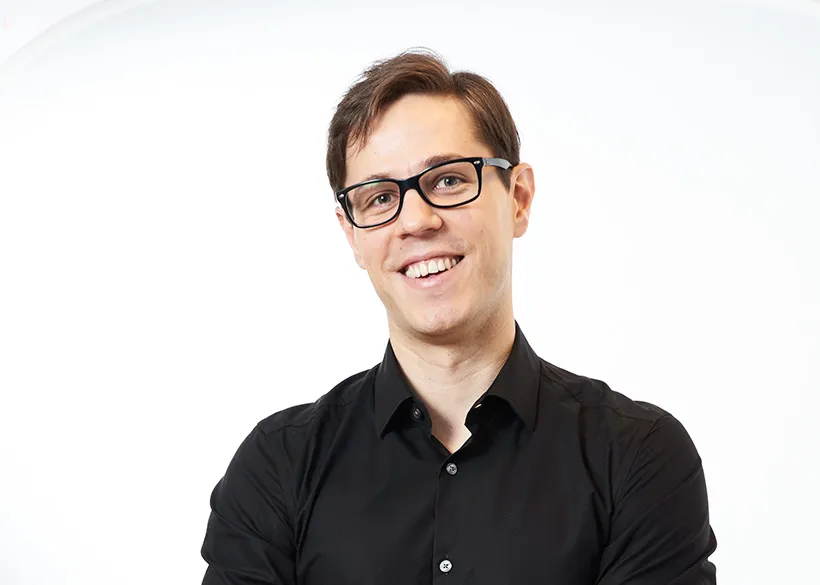Young people are increasingly entrepreneurial

Interview of Joonas Mikkilä, Organization Manager at the Federation of Finnish Enterprises
Federation of Finnish Enterprises’ survey reveals: University students, in particular, have embraced entrepreneurship. One out of five students sees being an entrepreneur as a probable career direction.
How has interest in entrepreneurship developed among young people?
JOONAS MIKKILÄ: Attitudes are undergoing a major generational shift. In consequence, the young people entering the labour market now are increasingly entrepreneurial. According to the Global Entrepreneurship Monitor survey, in 2015 as many as 20 per cent of young people between 18 and 24 years of age deemed that they would set up an enterprise within the next three years. At the turn of the millennium, only a few per cent of the same age bracket thought in this way.
How actively do Finnish young people start enterprises when compared against young people in other countries?
JM: Fairly actively. About five per cent of working Finns under 30 years of age work as entrepreneurs. In the rest of the Nordic countries, the ratio of young people working as entrepreneurs is 2–4 per cent. The EU average is about seven per cent.
How are young people encouraged to become entrepreneurs in Finland and what kind of mentoring is available?
JM: The development of entrepreneur training in basic and upper secondary education has been one of the focal points of Finnish education policy since the 1990s. The results are now becoming clearly visible. Universities have also gradually realised the importance of entrepreneur education for strengthening young people’s skills on the labour market. University students themselves have also established communities that promote growth enterprise culture on campuses.
The association Suomen Yrityskummit provides mentoring for young entrepreneurs. Enterprise Agencies, in turn, give high-quality enterprise consulting to people planning to start a business. Business accelerators, operating in connection with universities and regional development companies, provide services for those seeking faster growth. Our Young Entrepreneurs programme aims to offer peer support and ready-made networks for starting entrepreneurs.
What are the biggest challenges facing a young entrepreneur?
JM: Apart from financing, many young entrepreneurs seeking to expand their operations are concerned about the risks involved in employing people. The significant increase in the number of one-person firms in the 2000s is an indication of the high threshold for hiring others and the rigidity of our labour markets. In certain sectors, the amount of regulation and administrative oddities also causes concern.
How is financing arranged?
JM: Getting financing from a bank is currently challenging for a starting entrepreneur who has little capital. However, supplementary financing from Finnvera and Tekes has helped to ease the situation. New crowdfunding forms are also becoming clearly more popular.
How could young people be inspired to buy already existing companies?
JM: Persons who engage in entrepreneur training and consulting must communicate to young people that continuing the operation of existing companies is an excellent channel to entrepreneurship. As entrepreneurs age, these opportunities will be available increasingly often in the coming years.
Additional information:
www.yrityssuomi.fi
www.uusyrityskeskukset.fi
www.yrittajat.fi
www.nuoretyrittajat.fi
www.yrityskummit.fi
www.nuoriyrittajyys.fi
www.yes-keskus.fi
Photo: Jaakko Översti
